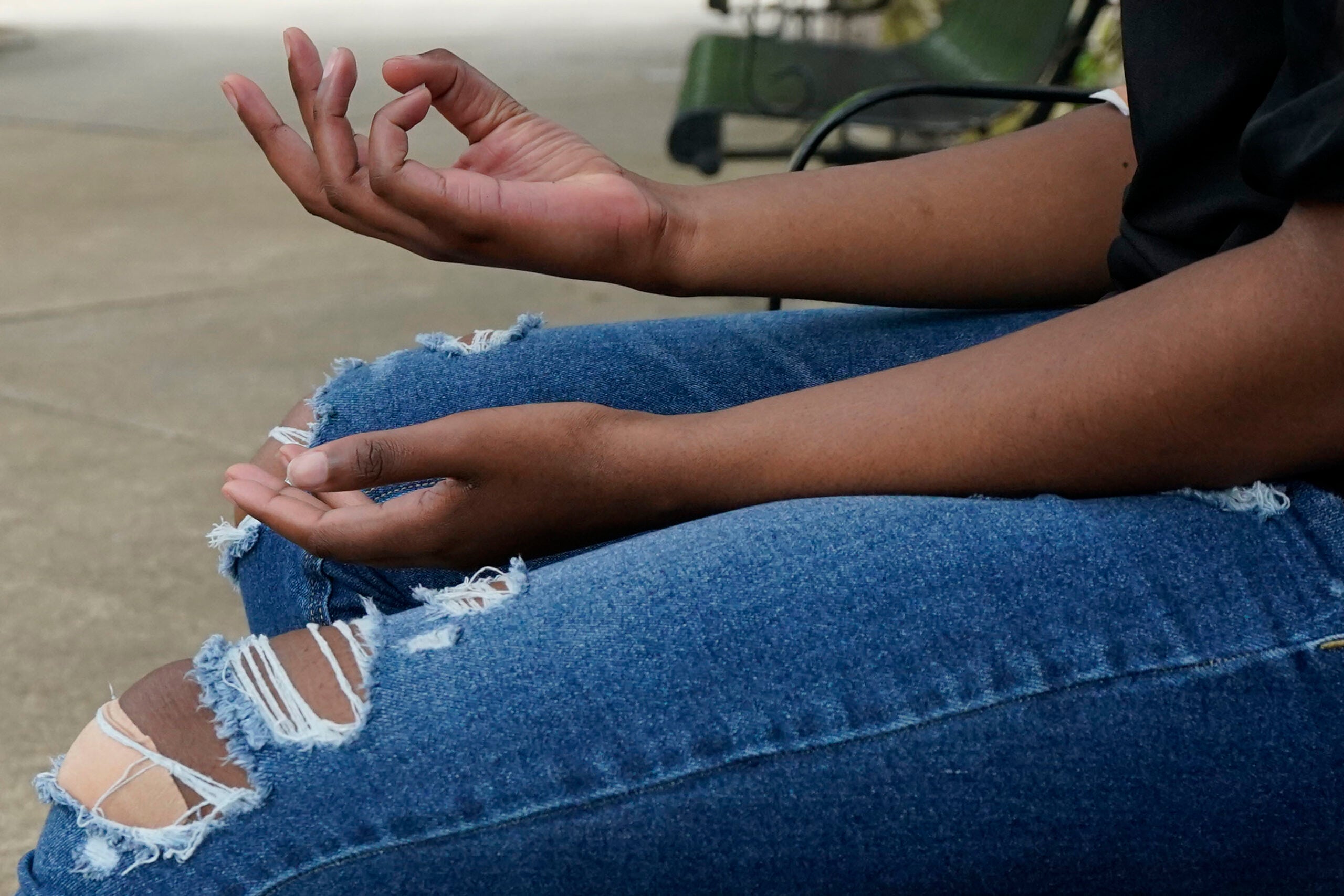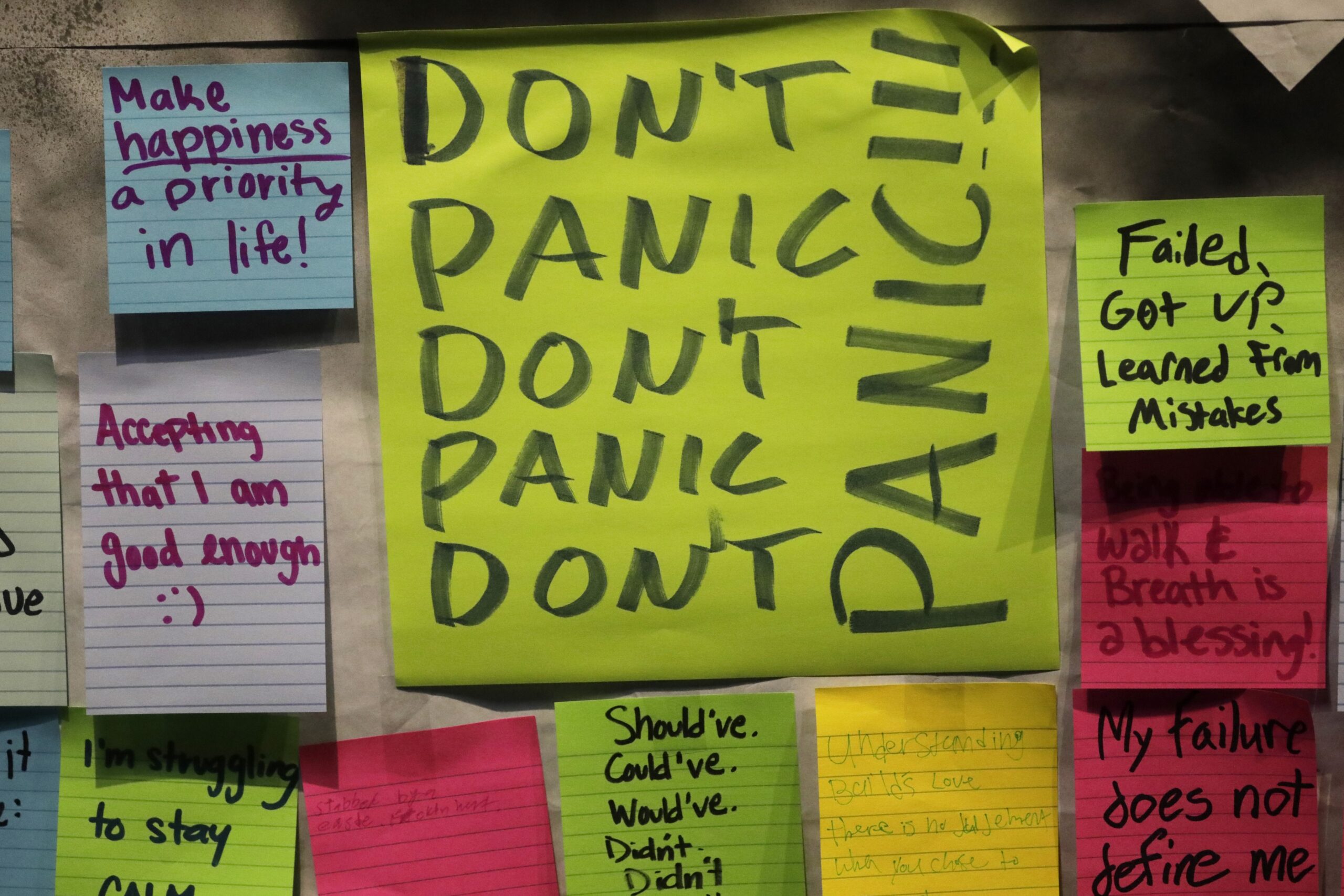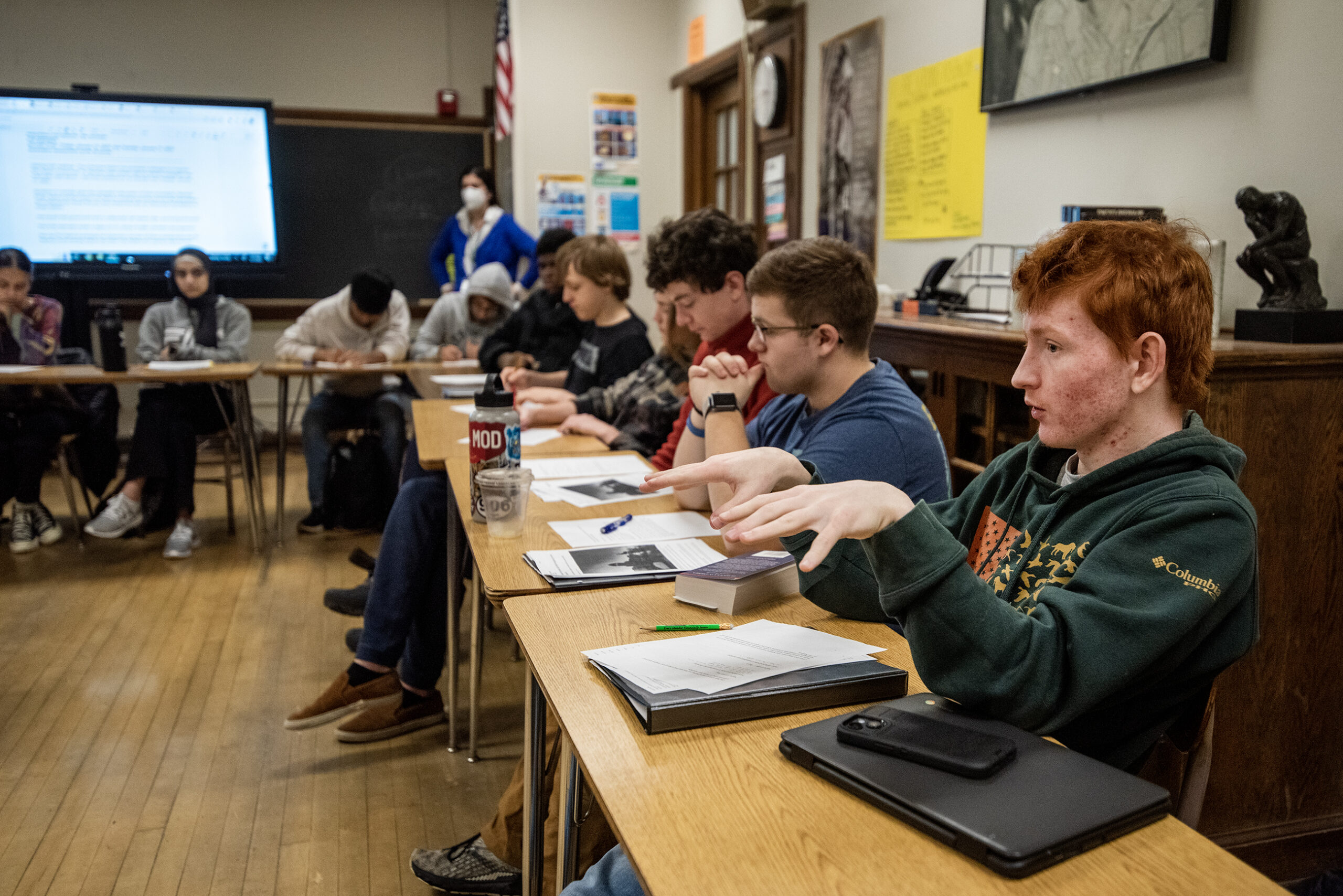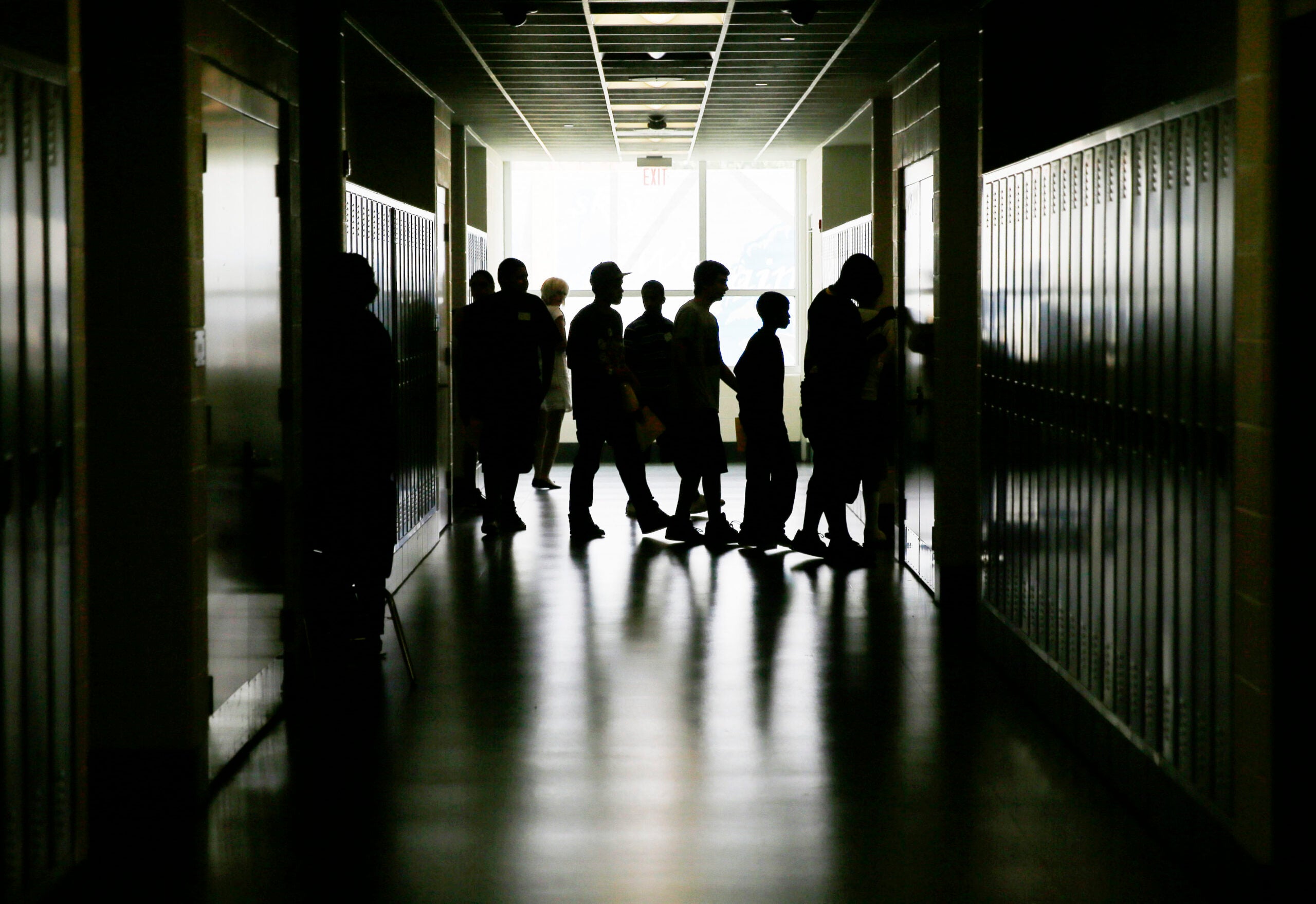Mental health problems affect the majority of teens in Wisconsin with girls and LGBTQ+ teens reportedly suffering the most.
Overall, the number of young people who have felt depressed has increased 42 percent over the last decade. One in four girls have seriously considered suicide while 40 percent of LGBTQ teens have considered taking their life.
The statistics were presented by the state Office of Children’s Mental Health. The department was created by the Legislature in 2013, and now has 10 years of data to inform its efforts.
News with a little more humanity
WPR’s “Wisconsin Today” newsletter keeps you connected to the state you love without feeling overwhelmed. No paywall. No agenda. No corporate filter.
“The scope of the problem demands collective action,” said Linda Hall, director of the department. “We emphasize collective action because we know it will take everyone — from policymakers to pediatricians and parents — to effectively improve children’s mental health.”
According to the report, young people people say they are suffering from depression and anxiety for a number of reasons including pressure at school, gun violence, political divisiveness and racism and climate change.
When compared to young people of the same age 10 years ago, 25 percent of young people are getting less sleep. More than half of teens are staying up past midnight on their electronic devices.
“Our young people are living through so much and it’s very different from the world that most of us grew up in,” Hall said.
Mental health help not readily accessible to teens
Despite the increase in depression and anxiety among Wisconsin’s teens, young people have fewer places to turn for help.
Wisconsin requires every school to have a school nurse, but most are part-time and 25 percent of districts don’t have a nurse, according to the Office of Children’s Mental Health.
And while the number of school-based mental health professionals are increasing, the total number is still below the recommended level, Hall said.
Half of Wisconsin youth with a diagnosed mental health condition such as depression, anxiety or behavioral problems receive no treatment, according to the report.
That was the case for Erik Mendoza, who was 15 years old when he beat 5-year-old Prince McCree to death in October 2023. McCree’s body was found in a dumpster after being reported missing by his mother the day before.
State Sen. LaTonya Johnson, D-Milwaukee, lives five houses away from the home Mendoza and McCree’s families shared.
Before McCree’s body was found, Johnson helped search for the little boy. And she knew Mendoza’s mother well.
For years, Mendoza’s mother had tried to get him treatment for his mental illness, Johnson said during the presentation of the Office of Children’s Mental Health report.
She was told to keep the teen inside.
“That was his mental health treatment plan,” Johnson said. “She was one of those families that continued to reach out for services, and those services were not available. Not until now.”
Mendoza is facing six felony charges including first degree intentional homicide. He is being tried as an adult and has pleaded not guilty due to mental illness. Next month, a judge will review his doctor’s report.
“Mental health is a crisis, but it is a crisis that is too often met with law enforcement,” Johnson said. “Children in crisis need compassion. Not handcuffs.”
Johnson said she would like to see more mobile crisis response teams across Wisconsin.
State Rep. Patrick Snyder. R-Weston, who chairs the Assembly Children and Families Committee, said he would like to see children have mental health screenings by age 5.
Wisconsin Public Radio, © Copyright 2025, Board of Regents of the University of Wisconsin System and Wisconsin Educational Communications Board.







